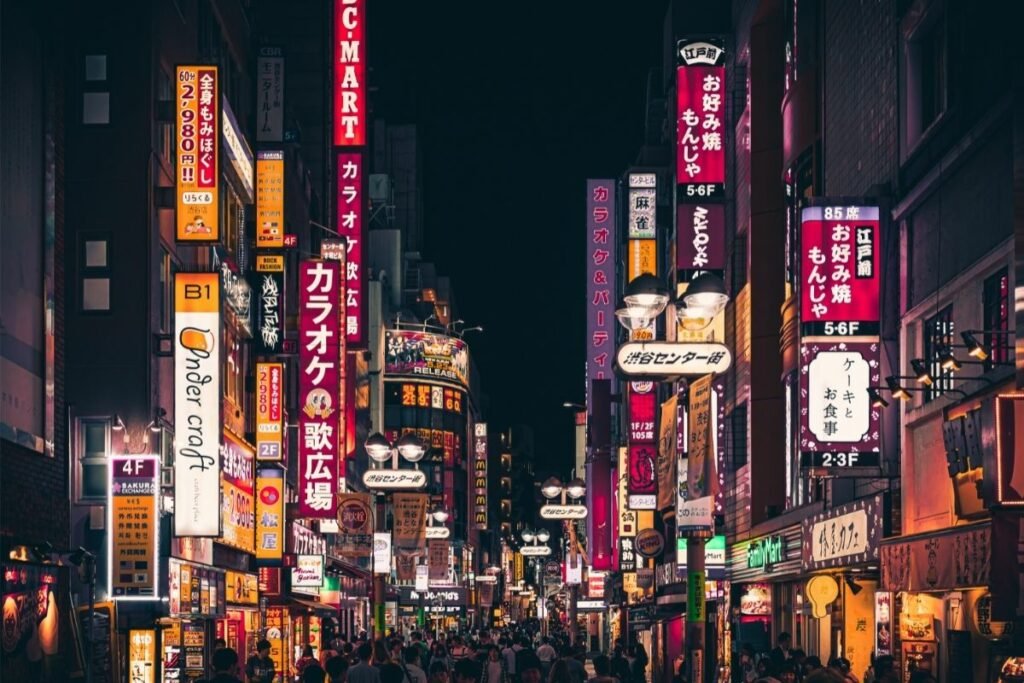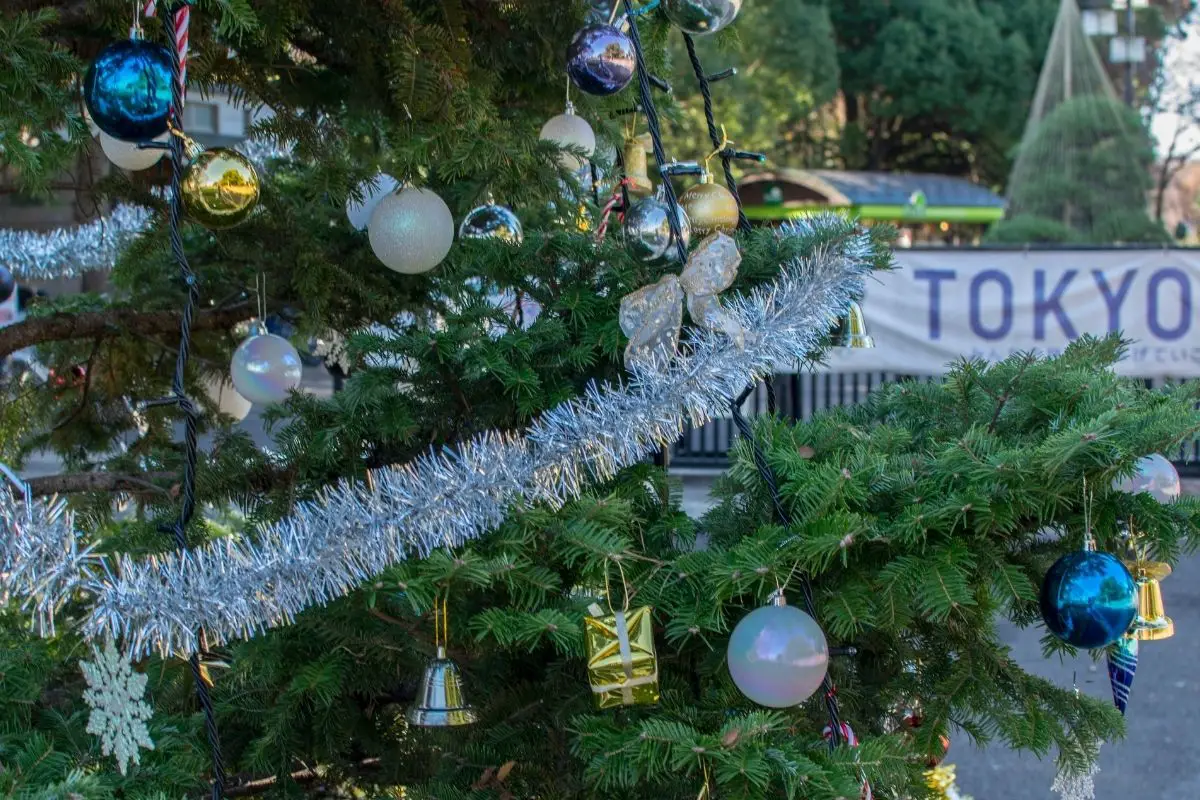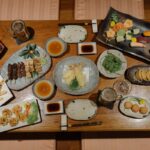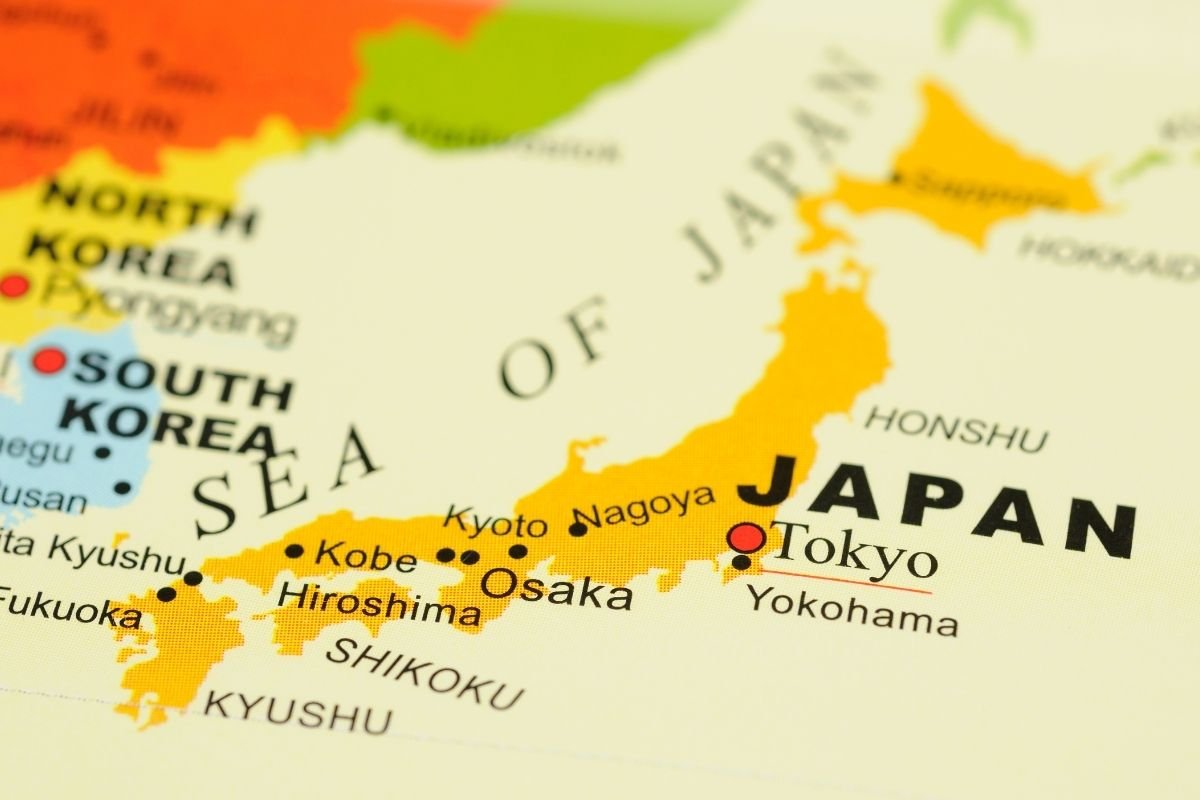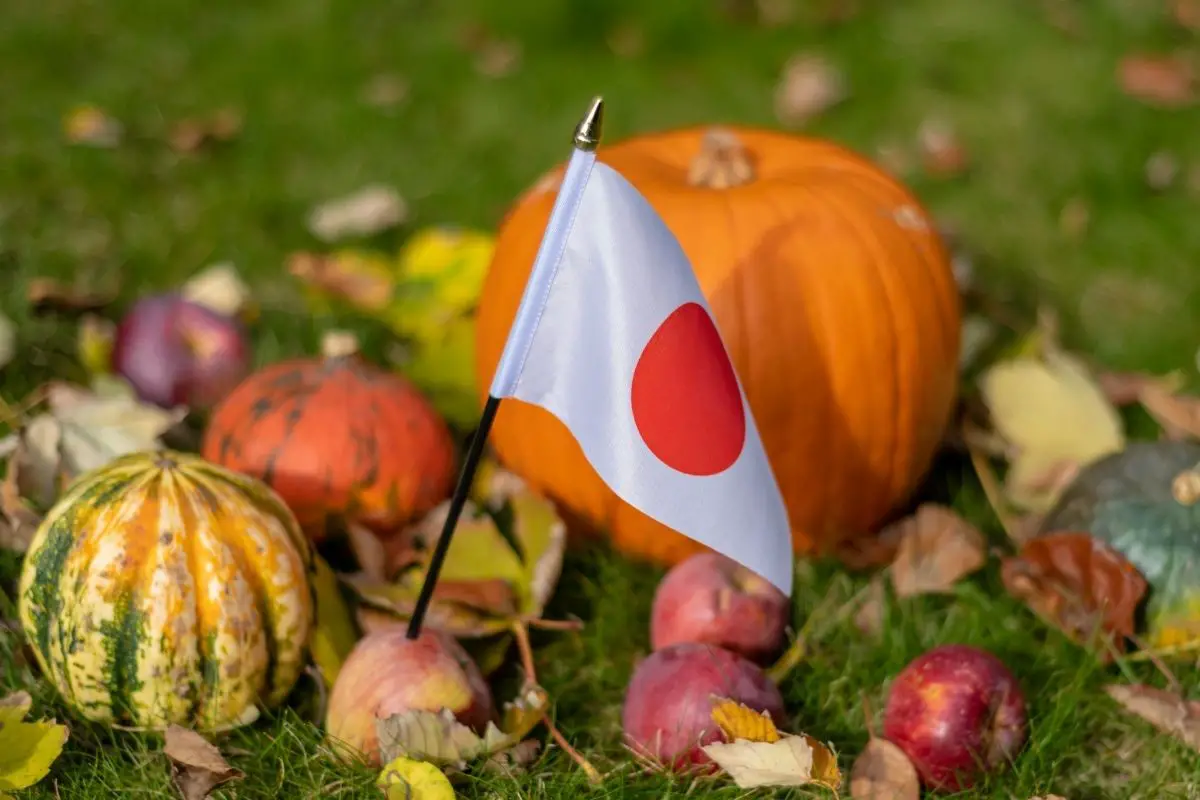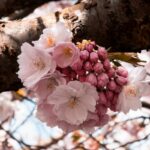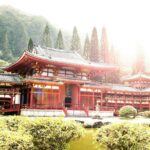Here in America, thanksgiving seems like an all-encompassing holiday – we have the Macy’s Thanksgiving Day Parade, football games, town-wide parties, and endless celebration traditions in the run-up to the fourth Thursday of November.
It can be hard to imagine a country that doesn’t celebrate its own version of thanksgiving – but many don’t.
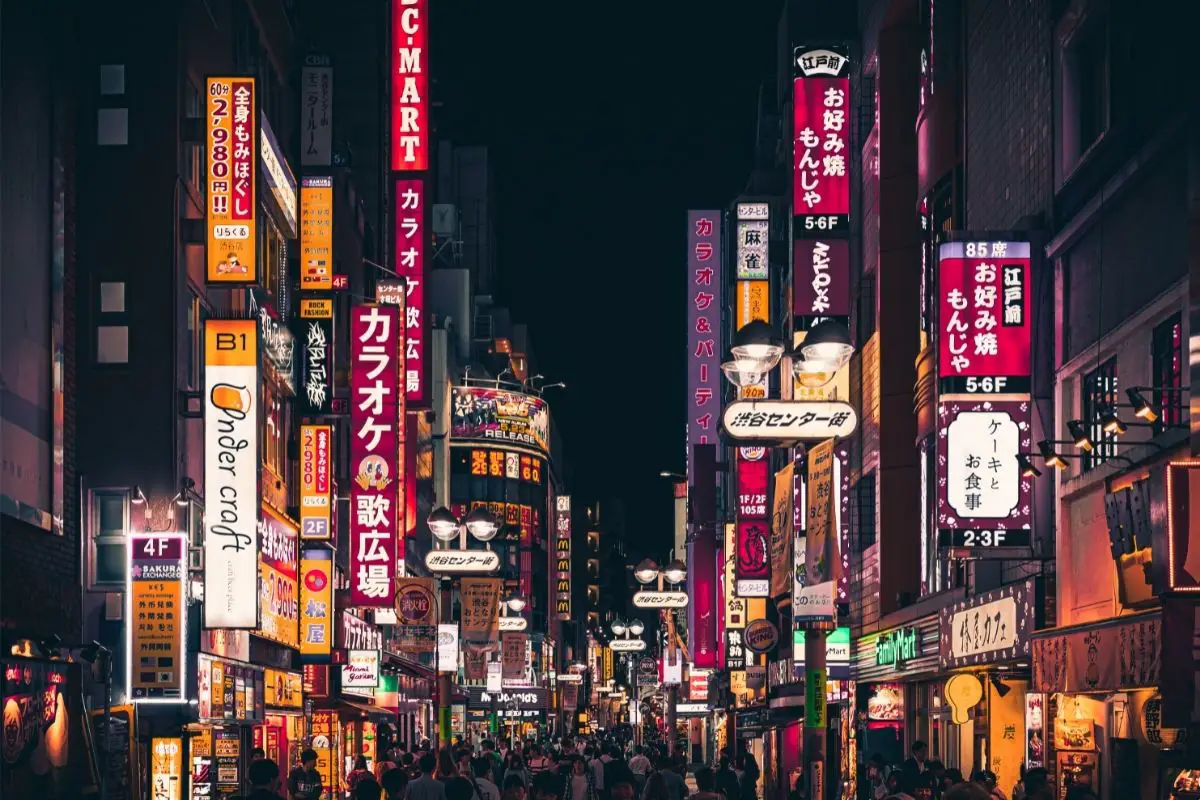
Across the pond in the UK, Thanksgiving is just any other Thursday. Much of Europe is the same. In China, both Thanksgiving and Christmas go largely uncelebrated (see also ‘Do Japanese People Celebrate Christmas?‘).
But, is Japan one of these Thanksgiving-less nations? Read on to find out, and learn more about holiday traditions in the Land of the Rising Sun.
Does Japan have Thanksgiving Celebrations?
Yes, they do! Japan (alongside nations like Canada, Liberia, Saint Lucia, Grenada, and Brazil), celebrates their own version of Thanksgiving, called Labor Thanksgiving Day, which is on the 23rd of November every single year (unless that day falls on a Sunday, in which case Labor Thanksgiving celebrations are moved to a Monday).
What is the History of Japanese Thanksgiving Celebrations?
The holiday, which is known as Kinro Kansha no Hi in Japanese, has its roots in Niiname sai, which is the ancient Shinto rice harvest ritual ceremony.
Modern scholars have dated the first formalized rice harvest celebrations back to Emperor Jummi (660 to 585 BC), Emperor Seinei (480 to 484), and Emperor Tenmu (667 to 686 AD).
The Emperor would celebrate a year’s hard work through the Niiname sai ceremony, by dedicating the harvest to kami (spirits) and tasting the rice for the first time.
In the modern-day, as with a lot of ancient holidays across the globe, it has lost a little of its original meaning and has taken on new meanings that tie into the modern-day world and everyday Japanese life a little more.
Today, it is used as an occasion to commemorate the labor and workforce, and reflect on issues that impact the Japanese community, like environmental causes, and human/worker rights.
The law that establishes the public holiday actually cites it as an occasion to respect labor, celebrate production, and for the citizens to give each other their thanks.
This makes it quite different from American Thanksgiving traditions, where our thankfulness typically goes to our forefathers, rather than to our fellow Americans.
The modern version of the holiday mainly came into widespread celebration in 1948, after the Second World War, and was originally used to mark some postwar changes in the Constitution of Japan.
These changes included really integral things, such as the entrenchment of fundamental human rights, and the expansion of worker’s rights.
How is Labor Thanksgiving Day Celebrated?
On the 23rd of November (or on Monday the 24th of November in some cases), Japan gives thanks in a few ways.
One of the biggest Labor Thanksgiving Day traditions is that school children will prepare cards or gifts to give to government workers, those in the labor sector, and public service workers, such as police officers, firefighters, hospital staff, personnel involved in the Japan Self Defense Force (which is the Japanese Armed Forces), and the workers in the Japanese Coast Guard.
This is supposed to show appreciation for these people’s contribution and sacrifice for the country – as they run some of the most important services in Japan, which keep the country on its feet.
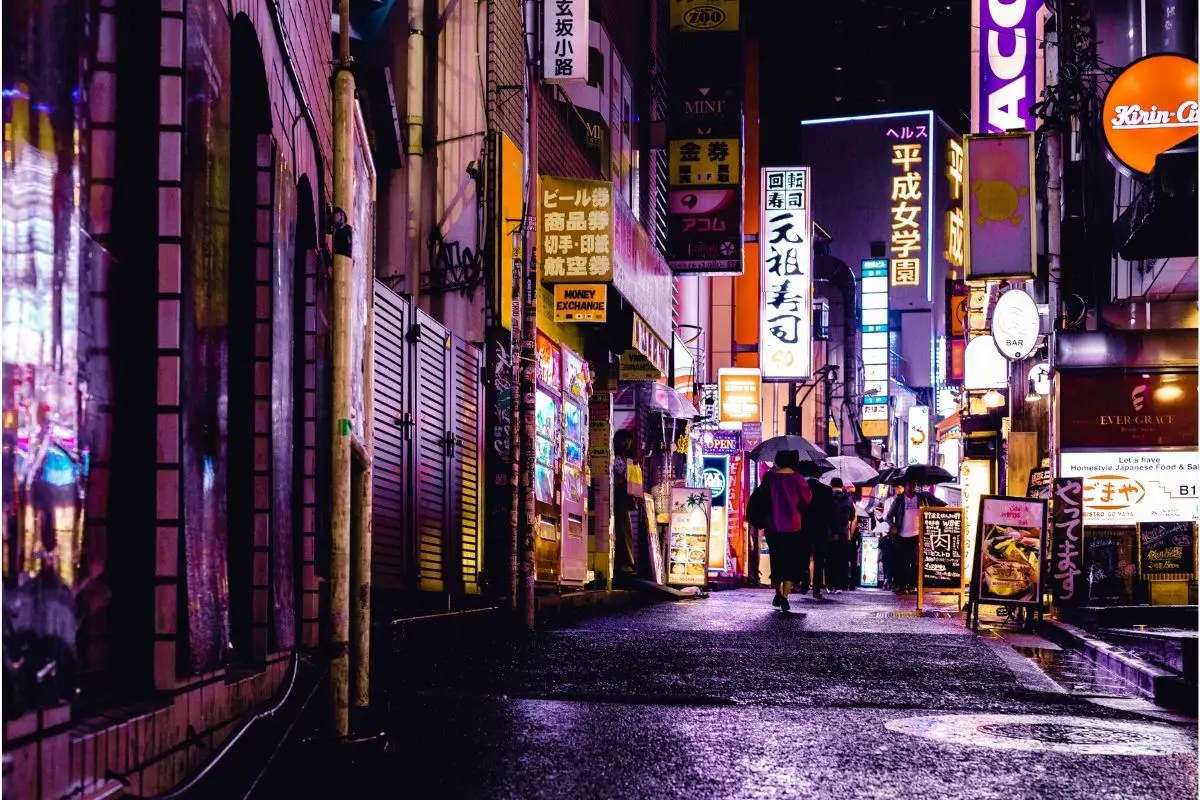
In corporate businesses, companies will review their accomplishments over the last year, and will congratulate all of their employees for their hard work and dedication, which have contributed to these successes.
Japanese families will also use this holiday as a chance to get together, and often will have dinner together at home on Labor Thanksgiving Day.
Individuals themselves are also encouraged to rest and relax on this day, as a way to congratulate themselves for the past work year and recharge for the next working year.
All in all, the celebration of Japanese Labor Thanksgiving Day is very different from the Thanksgiving celebrations in the US. There are no enormous parades, enormous sports matches, or enormous plates of food (see also, ‘What is Unagi?‘).
Instead, it is a more quiet, laid-back public holiday, which is typically celebrated with a family trip to the park, and a modest dinner.
Most businesses will stay open in Japan on the 23rd of November, though a lot of workers take the day off so that they can attend labor organization meetings.
What is Traditionally Eaten on Labor Thanksgiving Day?
Though Thanksgiving food in the US is extravagant (and usually very, very fatty), it is a different story in Japan.
As it is not as big of a deal as in the US, the food is a lot more laid back and commonly consists of a traditional meal of fish, rice, and green tea (see also ‘Does Hojicha Have Caffeine?‘). Turkey doesn’t feature anywhere on the menu!
Who you eat this meal with is also important – Thanksgiving Labor Day is seen as a way to get your close family together, and enjoy each other’s company whilst chilling out.
What are Some Other Traditional Holidays in Japan?
Whilst their thanksgiving celebration is not a huge deal in Japan, there are other festivities that the Japanese people celebrate too. Some of the most important national holidays in Japan include:
- New Year’s Day – whilst New Year’s Eve is not a public holiday, New Year’s Day is one of the most significant days in Japanese culture. It is known as Shogatsu in Japanese, and most businesses in Japan will stay shut until the 3rd of January.
- White day – this is considered to be the reverse of Valentine’s Day, with men expected to gift women things, such as cakes and chocolate, to show their appreciation.
- Golden Week – this is one of the busiest holiday periods in Japan and is basically the opposite of the quiet Japanese take on Thanksgiving. It is nearly a full week of national holidays, starting on the 29th of April (which is known as Showa Day) and ending with Greenery Day on May 4th. A lot of people take this week as an opportunity to visit with their family.
Final Thoughts
Japan does have its own rendition of the Thanksgiving celebration (see also, ‘Does Japan Celebrate Easter?‘) but it is pretty different from what we experience in America.
The holiday tends to be a laid-back way of showing appreciation to the Japanese workforce, whilst resting and relaxing in the company of close family.

